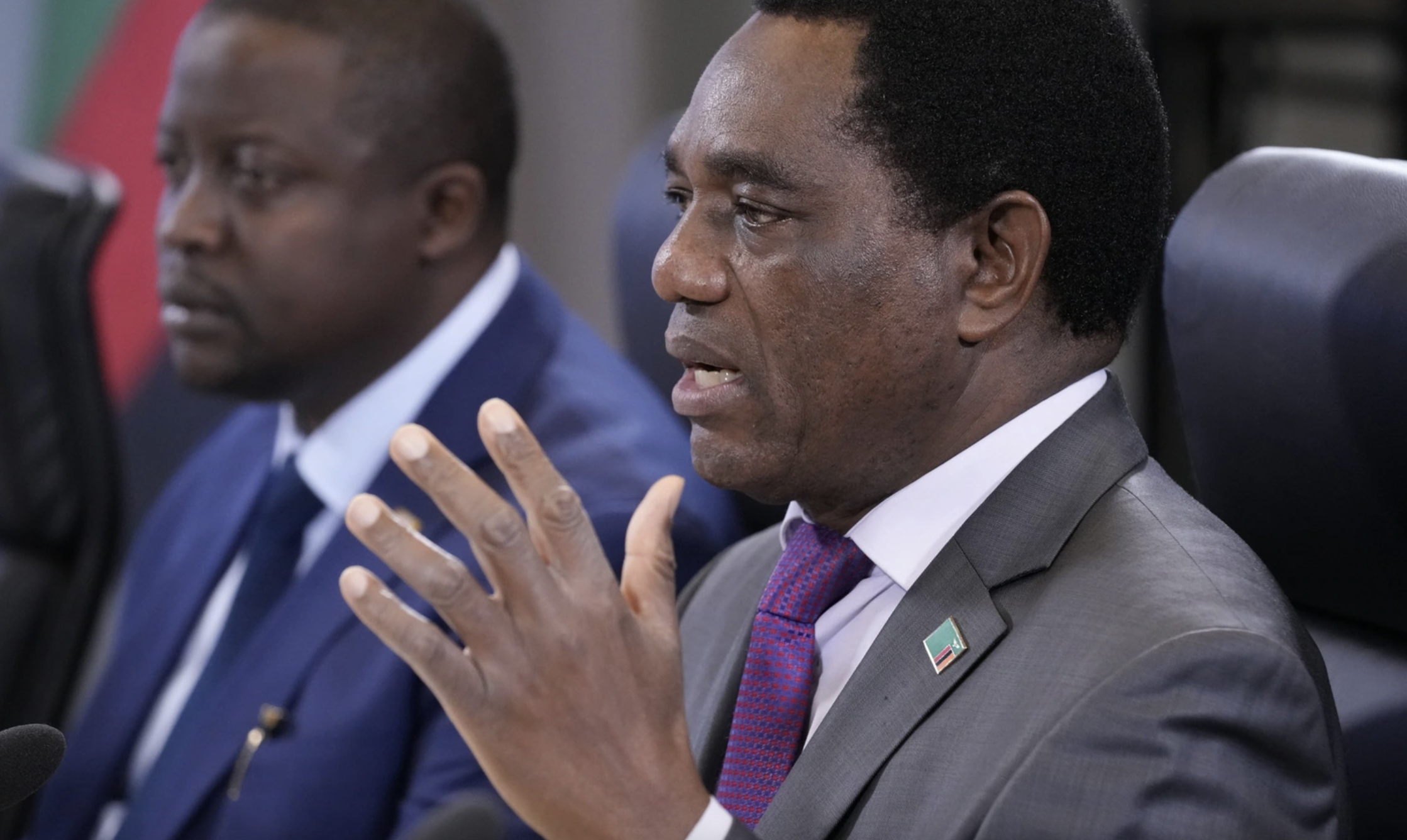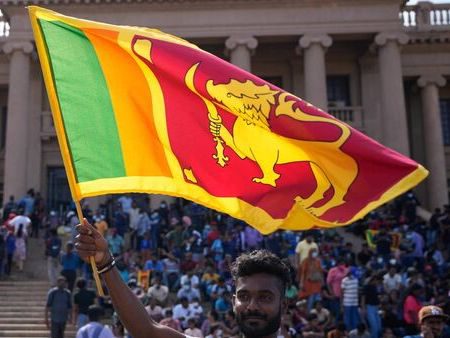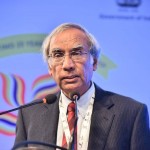 Courtesy:
Courtesy:
Gateway House presents a timeline that highlights the cross-border dynamics between Myanmar and India’s northeast. Myanmar’s military coup and breakdown of authority have aggravated existing local problems related to population displacement, border security, competition for resources and ethnic tensions. Now India must engage more directly with the entities that control land along its borders, and the local communities who know it best.
 Courtesy:
Courtesy:
The timeline records the daily instances and ongoing cross-border dynamics between India and Myanmar since the February 2021 military coup in Myanmar. It tracks the events taking place in the eight states along the Indo-Myanmar border—four states in India (Arunachal Pradesh, Nagaland, Mizoram, and Manipur) and four in Myanmar (Kachin, Sagaing, Chin, and Rakhine), revealing their social, political and economic interconnectedness.
 Courtesy:
Courtesy:
Israeli Prime Minister Benjamin Netanyahu has secured his political survival since October 7 by managing his key constituencies – domestic and in the U.S. – and doubling down on his war strategy. Now he is making another calculated risk – to ensure a non-nuclear Iran, and thereby his continued political positioning.
 Courtesy:
Courtesy:
Zambia celebrated 60 years of independence last week. The African nation's position at the crossroads of eastern central and southern Africa and unbroken democratic rule makes it a vital strategic partner for India in the continent. The country’s vibrant political institutions and abundant natural resources indicate opportunities in the energy, mining, and tourism sectors that can revitalize a historically cordial relationship between India and Zambia.
 Courtesy:
Courtesy:
The Maritime Silk Road, the Belt and Road Initiative, and a sizeable catalogue of agreements with actors from Kabul to Tel-Aviv have been the basis for the growing presence of China spanning the military, diplomatic, economic, and political spheres in the Middle East.
 Courtesy:
Courtesy:
Sri Lanka's sovereign debt default in April 2022 triggered a paralyzing economic crisis. Steep inflation and widespread financial uncertainty hampered any efforts at recovery. The economy is now showing signs of stabilization. Internally focused government policies, foreign investment, aid from development partners like India and the U.S., and the IMF’s recovery program have set Sri Lanka on the path to recovery and, hopefully, eventual economic success.
 Courtesy:
Courtesy:
President Droupadi Murmu made state visits to Algeria, Mauritania, and Malawi from 13-19 October. It was the first-ever visit by an Indian head of state to these African nations, reflecting New Delhi's interest in strengthening its multidimensional strategic partnership with the continent. It also provides an opportunity to understand and respond to the needs of nations in the Global South.
 Courtesy:
Courtesy:
There is much discussion these days on the world order and the continuation or demise of the current format. To understand why this powerful agglomeration of states and rules is now being questioned, it is necessary to understand the role of China, its co-option of the institutions and rules of the world order, and the parallel order it is creating centred around itself.
 Courtesy:
Courtesy:
India’s defence sector is a success of the self-reliance push by New Delhi. Now it is looking to export, and the continent of Africa is a region of promise. It has geostrategic convergence and equipment complementarity with India.
 Courtesy:
Courtesy:
Maldivian President Muizzu's state visit to India last week was marked by discussions on a Free Trade Agreement, a vision document on maritime security cooperation, and five MOUs. India committed to supporting the Maldives’ development goals, while the Maldives pledged to respect India's security concerns in the Indian Ocean. Hopefully, this mutuality of interests will be the principal driver in the bilateral as it implements joint visions of economic and strategic cooperation.











